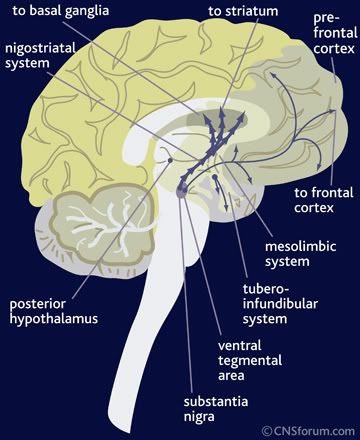
LEARNING LATER, LIVING GREATER:
The Secret for Making the Most of Your After-50 Years.
Lifelong Learning in Your Later Years…
A Health Club for Your Mind, Body, and Spirit!
Let’s continue our discussion of the Mind/Body connection from last week.
The human brain and body work together. Neuro-pathways from your brain are communicating all the time with your cells and muscles. Messages travel back and forth at blistering speeds. This merging of the mind and body creates a holistic connection that is critical for health and wellness.
Sometimes this connection can be compromised. We feel out of balance. Maybe we get cranky or irritable. Depression might even set in. Whatever our reaction, the first step toward regaining our balance is to identify the culprit. And these days, the most common culprit is stress.
Stress is something we all live with in varying degrees, every day of our lives. Medical research has shown that stress can dramatically affect different systems in our bodies including the endocrine or hormonal system, and the immune and circulatory systems.
One way to explore the interaction of the Mind/Body connection is by measuring the effects of stress, something the medical community has the ability to do. Indicator levels for the hormone Cortisol, our blood pressure, heart rate, and even our ability to heal injuries are all used as benchmarks for how we handle stress. If any one of these indicators is abnormal, we may find ourselves dealing with serious emotional or physical problems.
Studies have actually shown that chronic caregivers have significantly decreased immune function. Research has also shown that widows and widowers can take up to a year to restore immunity after the death of a spouse. Victims of sexual abuse and those with Post Traumatic Stress Disorder show increased negative cardiovascular activity along with Cortisol function abnormalities.
All this indicates that some of life’s biggest sources of stress such as bereavement, chronic caregiving, loneliness, anger, trauma and marital difficulties can negatively affect the needed balance of the Mind/Body connections. It behooves us to do what we can to keep this delicate balance on an even keel.
So, just how do we maintain that balance and what’s the connection between lifelong learning and the Mind/Body concept? We’ll explore these questions next time.
THURSDAY’S THOUGHT…
Edward George Bulwer-Lytton, English novelist, poet, playwright, and politician said , “We live longer than our forefathers; but we suffer more from a thousand artificial anxieties and cares. They fatigued only the muscles, we exhaust the finer strength of the nerves.” So true! And all the more reason why we have to find and maintain balance in our lives. Our good health depends on it. Lifelong Learning can help.For more information on Learning Later, Living Greater visit www.learninglater.com
You can purchase Learning Later, Living Greater at www.amazon.com
Till Next Time…
Nancy Merz Nordstrom is Director of the Lifelong Learning Department at Computer School for Seniors (www.cs4seniors.com)


No comments:
Post a Comment